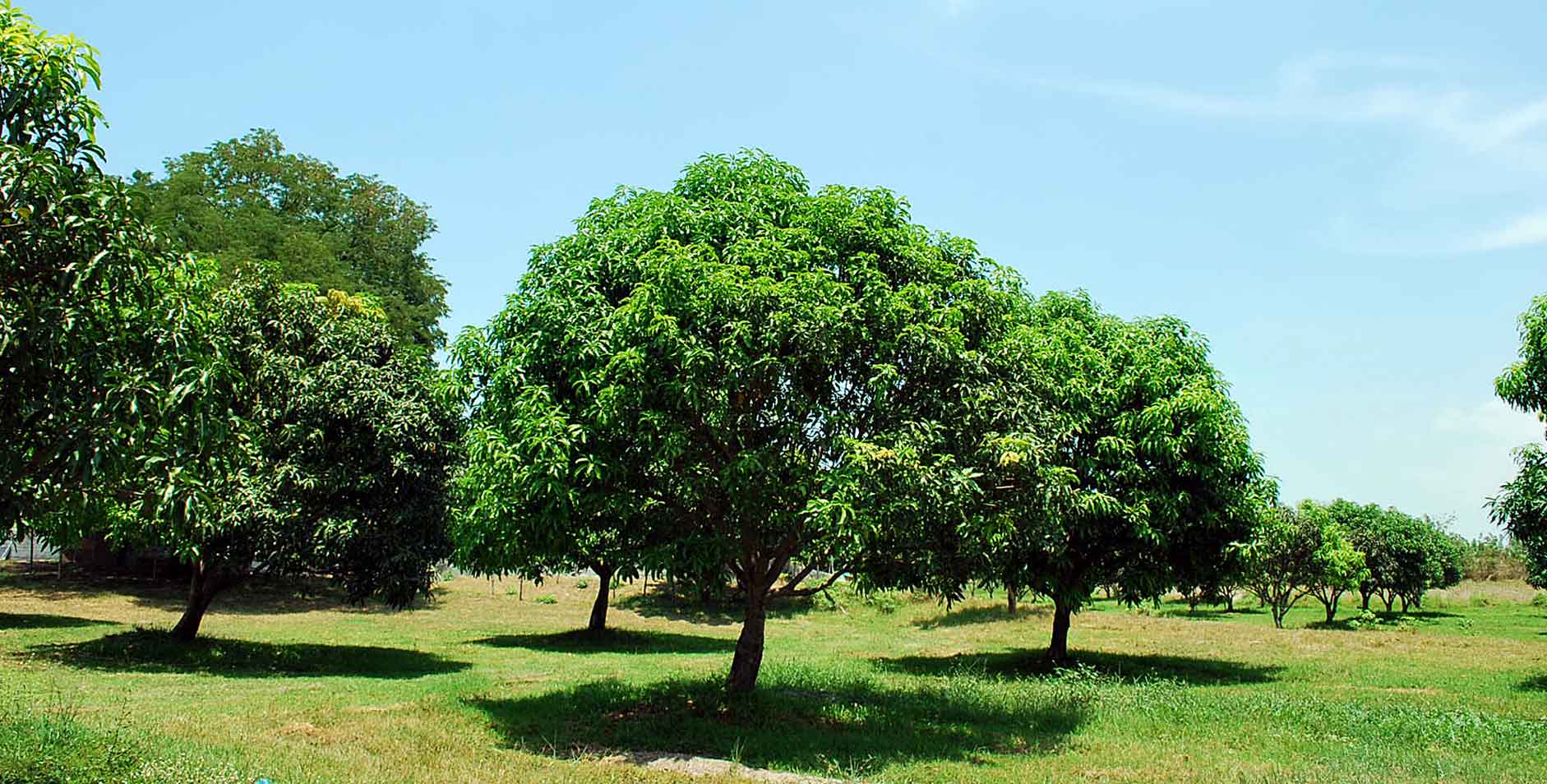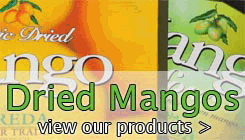
The Sweetest Mango Comes from Zambales– a Fruit of Change
BY Hai Ha Tran and Esther Balke
November 2016
When Donardo Angeles and Roger Hermogino speak about soil and organic farming, their voices brighten. Relaxed and humorous, both men speak about the components of soil and their specific importance to plants and trees. Both are agriculturalists by profession and at heart and are working for PREDA’s Fairtrade Team.
Regularly, they hold seminars for the Aeta to improve the already organic farming activities of their communities and to inform about standards of organic certification. Around 15 people from the Aeta community are attending todays seminar. They are listening with considerable interest to the words of both men. Sometimes they laugh. Humorously, Donardo explains how easily the Aeta can improve their harvest by simply composing their grass and leaves to gain natural fertilizer, instead of just burning them.
During the seminar, the mutual trust both parties share is visible. The Aeta know Donardo. For more than 16 years, he has been working for PREDA to improve the living-conditions of indigenous communities. For Donardo, a PREDA project coordinator, the mango is a special fruit. “3 months, 3 weeks, 3 days from the time of blossom”,he explains to me with a bright smile, “this is the magic rule for the sweetest Mango”. The mangos of Zambales are famed to be the sweetest in the world. Lots of them grow on the trees of the Aeta communities that reach almost 50 meters into the Filipino sky.
The Aeta are indigenous people who live in scattered and isolated mountainous parts of the island of Luzon, one of the three major islands of the Philippines. It is not uncommon to switch your motor vehicle for a simple cart, pulled by a strong carabao, to reach the village settlements of their communities.
Mining, deforestation, illegal logging and slash-and burn farming has caused the Aeta population to steadily decrease to the point where they number only in the thousands today. The cumulating threats to Aeta land and the loss of their livelihood are causing rural exodus, where lots of Aeta find themselves in the slums of the bigger cities as victims of human trafficking and sexual exploitation. Even though, there is a law that is supposed to protect the rights of the indigenous people, Aeta find themselves more and more marginalized, discriminated and suffering due to social and economic strains on their culture and way of life. Up until now,the Philippine government affords them little to no protection at all.
A fruit for Change.
“Commercial buyers only care about the fruit, not so much about the people”, says Donardo. PREDA is different. For Donardo and Roger and their team, the mango is a fruit of change and Fairtrade is an important instrument of empowerment. Through the Profairtrade initiative, PREDA is supporting Aeta communities by improving their social-economic status and rehabilitating their lands. Within the last few decades since the establishment of the Profairtrade Development Enterprise as the project is officially known today was established in 1975, as Preda Fair Trade the organization has had exceptional success.
Through Fairtrade, mangos became a steady source of income for the Aeta. “PREDA is providing us a safe market for our mangos”, one Aeta member says during the seminar.Furthermore, PREDA buys their mangos to a good price even when mango prices dramatically drop during the harvest season, sometimes more than two times of the actual market price. “And we buy all their mangos”, Donardo adds. Unlike commercial buyers, who only buy flawless mangos, PREDA buys all mangos in all different shapes and sizes, which means less waste and a greater harvest for the farmers.
With this policy, the harvest of one big mango tree can already pay one year of school for two children of the family and more besides. To further enhance the access to education for Aeta communities, PREDA also provides scholarships for one child of every Aeta family. Besides a steady income, education is a key aspect to improve the socio-economic situation of the Aeta. Years of marginalization and discrimination kept Aeta children out of school, resulting in a high percentage of illiterates among Aeta communities, making it nearly impossible to properly enter the general labor market. With the program, PREDA encourages more Aeta children to go to school to receive proper education.
“Lots of them study education”, says Donardo. PREDA hopes with more Aeta teachers to further develop the capacity within Aeta communities,so the Aeta people can improve their socio-economic situation more and more on their own.
On our way home,Donardo and Roger seem tired but satisfied. Still, there are big challenges in the very near future; climate change being one of them. The increasing rain during February jeopardizes the harvest of mangos in Zambales,as it destroys the blossoms of the mango trees. “This is also the reason why ecological farming is so important”, Donardo explains, “sustaining our environment is key to tackle climate change”.
In the face of climate change, both agriculturists stay hopeful. In the future, PREDA is trying to expand their Fairtrade offering with organic avocados and pineapples. “Me and Roger and our team, we do not consider our work as plain jobs. For us it is the commitment to help”, Donardo says sincerely, “I am happy when the Aeta are happy, I am sad when they are sad” and the same goes for Roger . We believe him. end
Written by: Hai Ha Tran and Esther Balke, During their internship at Preda they visited the Aeta communities and talked with the farmers.

